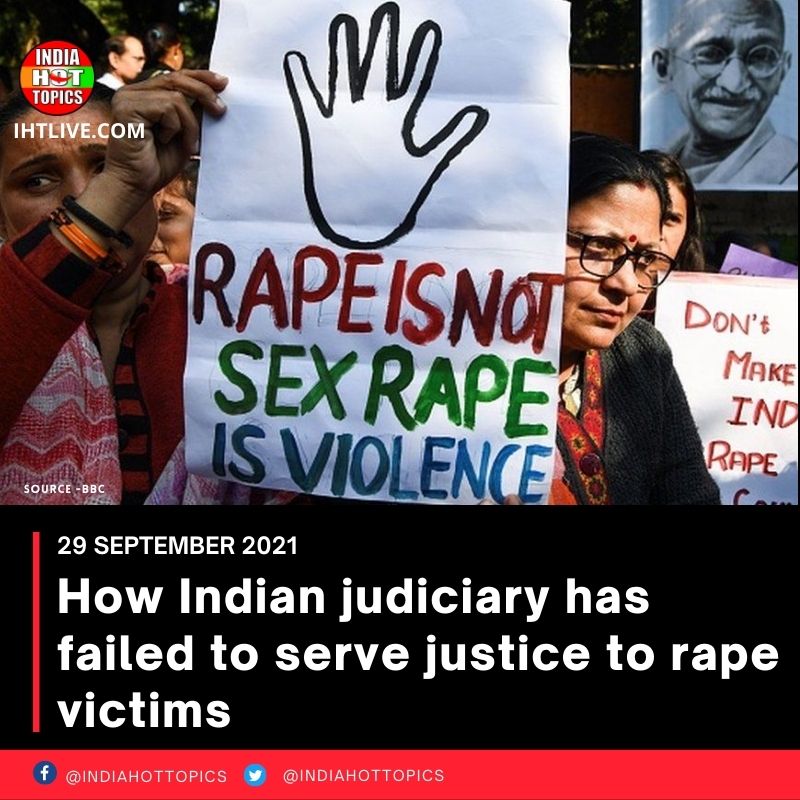Legal ABC
Brief Intro To Citizenship Amendment Bill 2019

The Citizenship Amendment Bill 2019 or CAB 2019 has been passed by the Lok Sabha on 9 December 2019. The purpose of this bill is to give citizenship of India to refugees from 6 communities (Hindu, Christian, Sikh, Jain, Buddhist, and Parsi) from Pakistan, Bangladesh, and Afghanistan. Many political parties are opposing this because the Muslim community is not included in these 6 communities.
Also Read: EXCON EVENT START FROM TODAY AT BANGALORE
What is the Citizenship Amendment Bill 2019?
Actually, the Citizenship Amendment Bill is a bill that talks about giving citizenship of India to illegal refugees from 6 communities coming from Pakistan, Bangladesh, and Afghanistan. In these 6 communities ((Hindu, Buddhist, Sikh, Christian, Jain, and Zoroastrian), Muslims coming from these countries will not be given this citizenship and this is the root of its opposition in India.
What does the Citizenship Amendment Bill 1955 say? (Citizenship Amendment Bill 1955)
Citizenship Act, 1955; Describes 5 conditions for obtaining citizenship of India, such as birth, hereditary, registration, natural and region based on inclusion. This act has been amended 7 times.
Know which countries you can invest in and get citizenship there?
The Citizenship Amendment Bill 1955 made it mandatory for a person to stay in India for at least 11 years to acquire citizenship naturally, which was later reduced to 6 years, but in the Citizenship (Amendment) Bill 2019, this period was reduced to 5 years Has been done.
Key features of Citizenship Amendment Bill 2019
1. A person can be given an OCI card under the Citizenship Act 1955 if he is of Indian origin (eg, a former citizen of India or their descendants or spouse of a person of Indian origin). Now the Act of 2019 gives the OCI card the facility to travel in India, work in the country and study.
2. The Citizenship Act 2016 provided that an OCI card holder’s card could be canceled for these 5 reasons; He Fraudulently obtaining registration, showing disinterest in the Constitution, fostering friendship with the enemy during war, playing with India’s sovereignty, protection of the state or public interest, or two years within 5 years of receipt of the OCI card or Sentenced to more imprisonment.
Also Read: GOVERNMENT WILL SPEND RS 100 LAKH CRORE ON MODERN INFRASTRUCTURE: PM MODI
Now the Citizenship Amendment Act, 2019 will make changes in this act and in this provision has been added that if any OCI cardholder violates any law made by the Government of India, then his OCI card can be canceled.
3. The Citizenship Amendment Act, 2019 states that on obtaining citizenship of India;
(i) Illegal migrants will be treated as citizens of India from the date of entry (before December 31, 2014),
(ii) All legal proceedings against them in relation to their illegal stay will be closed.
However, the provisions on citizenship for illegal migrants in the tribal areas of Assam, Meghalaya, Mizoram, or Tripura will not apply.
4. The Citizenship Amendment Act, 2016 provided that these individuals (Hindus, Sikhs, Buddhists, Jains, Parsis, and Christians from Afghanistan, Bangladesh, and Pakistan) stay in India for at least 6 years to obtain citizenship by naturalization. Should, but the new bill will reduce this period to 5 years, that is, they will become citizens of India only after 5 years of living in India.
So these were some provisions of the Citizenship Amendment Act, 2019 which gives citizenship of India to people from 6 communities of 3 countries.
However, some people are arguing that this amendment is a violation of Article 14 of the Constitution as it opposes discrimination on the basis of caste, religion, sex, place, etc. with anyone. Hopefully, the government will take the right decision after listening to all the parties.
Also Read: HOW DELHI AIR POLLUTION EFFECT HUMAN ORGANS?
Law
How Indian judiciary has failed to serve justice to rape victims

India is the largest democracy in the world with a population of 1.3 billion people. Democracy is a rule of people but the judiciary system of the world’s largest democracy has failed to serve justice to rape victims in our country. Can we really call this democracy when millions of people are lighting candles, protesting for justice and it is not served to them despite having all the proof?
The Indian Judiciary has been lagging in serving justice to the oppressed. Years ago Nirbhaya rape case was ruling over news channels and newspapers, the story of how brutally nirbhaya was raped and killed is heinous. We were ashamed to not protect our daughter from those monsters but even after the pleas from every Indian asking to hang the rapists, justice was prolonged for years. Nirbhaya died in 2012 and after 8 years of continuous struggle on 20 march 2020, the rapists were hanged to death. The case that shook the entire country took 8 years for the Indian judiciary to conclude despite having all the evidence. What do we call India, a rule of People?
Nirbhaya is not the only victim but there are thousands of others who have not received justice yet. It’s no secret that women in India are not safe. Rape is the fourth most common crime in our country with 88 cases daily on average according to 2019 reports of NCRB. The reason behind that is rapists do not fear the punishment, They believe they can do what they wish and they will manage to find a way out of the police case, which in many cases they do get out without punishments.
Rape is forcing yourself on someone sexually, it does not matter who the victim is. It can be a male or female, married or single. Rape is rape but the Indian judiciary does not believe the same as in India martial rape is not illegal. Once the Chhattisgarh high court said, “ Since the complainant is the legally wedded wife of the accused, any sexual act will not be considered as raped even if it was by force or against her will.”
Madhya Pradesh High Court once served justice to a victim by asking her to tie Rakhi to a molester. Bombay High Court says “groped a child without removing her clothes” it cannot be considered as a sexual assault as there was no skin-to-skin contact. Whereas Karnataka high court granted bail to the accused of rape, criminal intimidation, and cheating by saying “ It is unbecoming of Indian women” to go to sleep after she is ravished.
This is the reason why many women do not file a complaint and many times Indians take the matter into their hands. Such absurd statements degrade the value of the justice system in India. We should stop calling India “ world’s Largest democracy” when the rulers do not get justice themselves.
AASTHA SINGH
-

 Bollywood1 month ago
Bollywood1 month agoAishwarya Rai maintains her stunning appearance in a new L’Oreal ad.
-

 health and remedies1 month ago
health and remedies1 month agoThe article discusses the potential health risks associated with swallowing dry ice
-
.jpg)
.jpg) Music4 weeks ago
Music4 weeks agoSidhu Moosewala’s father and baby brother feature on Times Square billboard; fans react. Watch
-

 Entertainment2 months ago
Entertainment2 months agoThe Anant Ambani-Radhika Merchant pre-wedding bash in Jamnagar has received a list of guests.
-

 Trending2 months ago
Trending2 months agoDolly Chaiwala: “Didn’t Know Who He Was” in reference to giving Bill Gates tea
-

 Bollywood3 weeks ago
Bollywood3 weeks agoThe phrase “female-led projects” annoys Bhumi Pednekar. “It disgusts me deeply.”
-
Bollywood2 weeks ago
Rasha, the daughter of Raveena Tandon, discusses how trolling affects her: “I think in processing it, feeling bad for a bit.”
-

 Trending2 months ago
Trending2 months agoOppo Reno 12 Pro Key Features Leak Online: Expected to Receive a 1.5K Display with a Density 9200+ SoC










.jpg)
%20(1).jpg)
%20(1).jpg)
%20(1).jpg)
%20(1).jpg)
.jpg)





